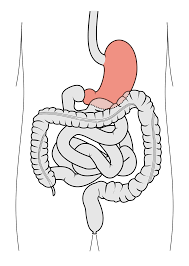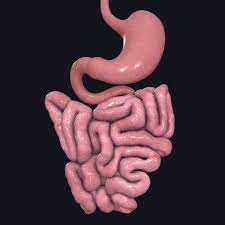Bacteria
- Oct 2, 2022
- 2 min read
We have only recently begun to fully comprehend these little creatures and their influence on our planet and health, yet history reveals that our forefathers used the power of bacteria to cultivate foods and beverages years ago (beer and chuck, anyone?).
It wasn't until the 17th century that scientists started looking at microorganisms in an inversely close and specific place: the mortal mouth. While inspecting a sample of the enamel between his own teeth, the ever-curious Anton van Leeuwenhoek discovered microorganisms. In his scribbling, he becomes poetic, describing the bacterial colony on his pearly whites as "a tiny white substance, which is as thick as if it were batter."

Van Leeuwenhoek saw the bacteria moving after placing the sample under an emulsion microscope. It's official! Indeed, microbes were game changers for Earth, helping to create permeable air and the biologically rich planet we live on.
Bacteria do not have a nucleus and their genetic material, or DNA, floats freely inside the cell. These small cells lack organelles and use several mechanisms to reproduce and exchange genetic material. Bacterial cells are prokaryotic cells.
Some bacteria are autotrophs, which means they produce food using simple inputs from the environment such as sunlight, water, and chemicals (think cyanobacteria, which have been converting sunlight into oxygen for around 2.5 million years). Other bacteria are known as heterotrophs because they obtain their energy from existing organic materials (think dead leaves on the forest floor).
When given the opportunity, bacteria proliferate and form colonies. They will proliferate and create sticky aggregations called biofilms to thrive on a range of surfaces, from pebbles in a stream to molars in your mouth, if food and environmental circumstances are right. Bacteria, like all other forms of life on Earth, must replicate themselves in order to exist. While humans and other species achieve this through sexual reproduction, bacteria do it differently. They copy themselves and make identical copies unlike humans. This is called asexual reproduction in comparison to the sexual reproduction that most other animals go through.
In conclusion, bacteria is both harmful and helpful to us. It damages our teeth and leads to illness but it also is a necessity in digestion. Without bacteria, the rich biome wouldn’t be possible. Bacteria is something that should be feared but also revered.




Comments